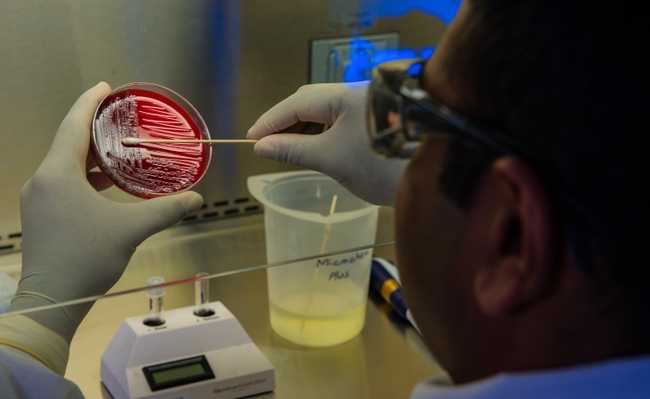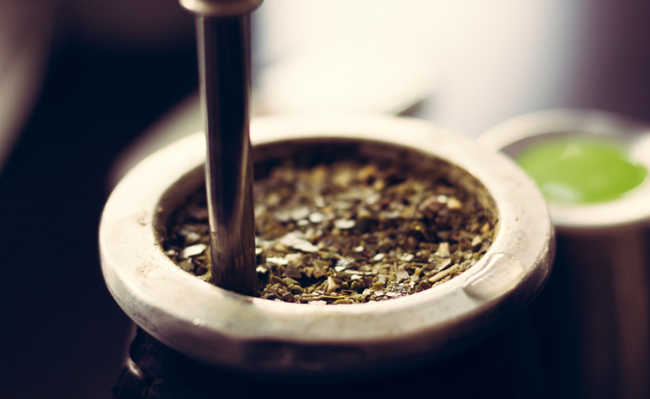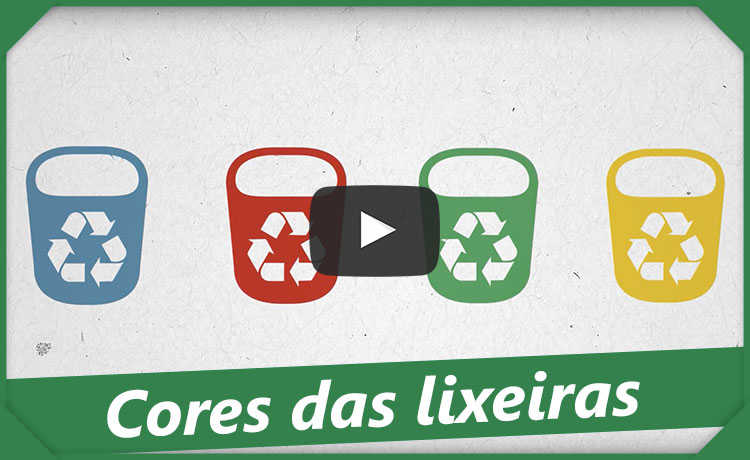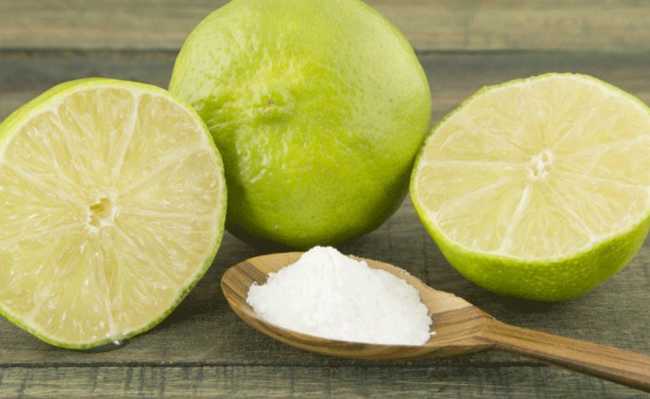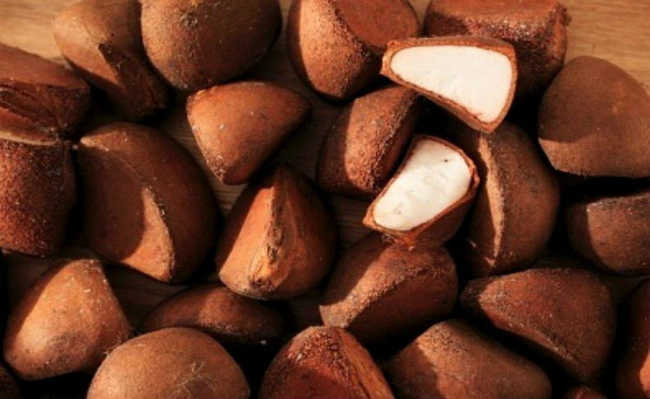Alcohol gel: how it works and what to do if you run out
Alcohol in gel acts as a disinfectant, helping to kill viruses and bacteria, and is a good option to maintain hand hygiene when on the street.

Image: Kelly Sikkema on Unsplash
Alcohol gel is a cleaning substance used as a hand sanitizer, ideally made up of 70% ethanol. Its use is highly recommended when we are on the street or somewhere where it is not possible to wash our hands, as using soap and water remains the most efficient method of keeping viruses and bacteria away from the human body.
Viruses are coated with a cell wall composed of proteins or lipids, that is, fat. This material forms a kind of protective layer, which the ethanol present in the alcohol gel is capable of dissolving, eliminating the viruses.
On the market, it is possible to find ethyl alcohol or ethanol 70% (w/w) or 77ºGL, both liquid and gel. Both types contain the same concentration of ethanol and have the same antiseptic action on microorganisms.
Other types of alcohol, whether liquid or gel, with a concentration greater or less than 70% or 77ºGL, do not have the same antiseptic protection. According to the Regional Council of Pharmacy of RS, 70% alcohol dries faster and studies suggest that it is this shorter time of contact with the skin or surfaces that makes it more efficient.
The advantage of gel alcohol is its greater residual action, that is, it acts for a longer time on the surface where it is applied and distributed, in addition to being less aggressive to the skin than the liquid version. That is why it is recommended to use liquid alcohol only for cleaning and disinfecting surfaces, while gel alcohol is ideal for hand and arm use.
Alcohol gel 70% is in general industrialized and sold as medicine, but it can also be produced in compounding pharmacies, as long as it follows specific rules established by RDC nº 67/2007, of the Ministry of Health.
Is it possible to make alcohol gel at home?
There are some tutorials on the internet for making alcohol gel at home, but this preparation is not recommended. This type of mixture does not follow the standards of hygiene and safety recommended for the production of alcohol and, therefore, there is no way of guaranteeing that they have the same bactericidal action.
The Regional Council of Pharmacy of RS warns of the dangers of using a homemade alcohol gel. It may present a risk of ethanol poisoning and explosion, fire and/or burns, in addition to not producing the same antiseptic protection as industrialized or pharmaceutical formulations.
What to do if the alcohol gel runs out?
Alcohol gel is an excellent hygiene option for those on the street and unable to wash their hands. It's a way to minimize the risk of contamination the many times we use our hands to our face - something we should learn to avoid.
However, if you're at home, there's no need to waste your stash of alcohol on gel. The combination of water and soap works even better than alcohol gel when it comes to killing viruses. Cleaning products such as soap, soap and detergent have surfactant substances, which are better than alcohol when it comes to breaking down the grease layer of viruses.
To sanitize surfaces such as tables and countertops, you can also use multi-purpose cleaners, disinfectants, window cleaners or a little water-diluted hypochlorite. All these products have action against viruses - but they should not be used on the body, only on surfaces.
It is best to save the alcohol gel for times of extreme need, when you are on the street and have no other option to ensure your personal hygiene. With a faucet nearby, washing your hands carefully and scrubbing the palms and backs of your hands as well as your fingertips is one of the best ways to prevent viruses and infections.





